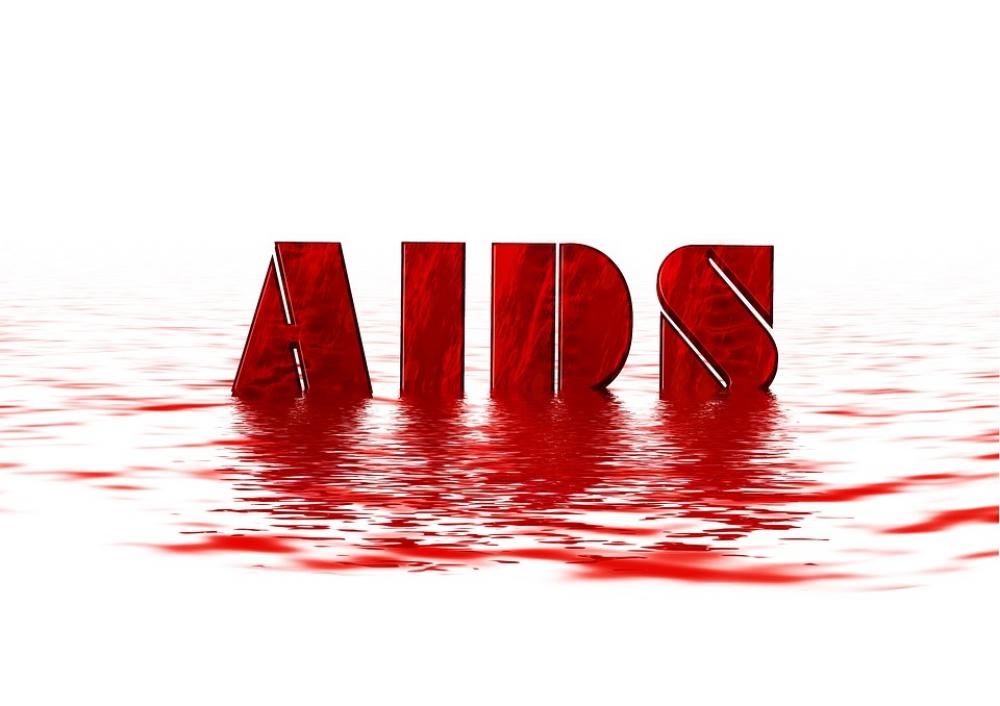Just Earth News | @justearthnews | 19 May 2019, 12:28 pm Print

Larkhana: There has been a surge in the number of HIV positive cases in a Pakistani village in recent times ever since a doctor allegedly infected them by using a contaminated syringe.
The number of HIV-positive cases rose to 393 on Saturday in Ratodero after 56 new cases surfaced in the area, reported Pakistan Today.
As per the news report, blood screening of at least 1,548 men, women and children was conducted on 14th day of consecutive surfacing of HIV cases in the district. Most of the affectees are children — 42 of the new 56 cases are of children and 312 of the total 393 affectees of HIV-positive are children.
According to a report sent to Sindh government by the Directorate General of Health Services, a total of 4,656 people had been screened for the HIV during the last 12 days. Out of the 186 HIV patients,58 per cent were male and 42 per cent were female, the report had said and added that 54.8 per cent patients were between the age group of 2-5, reported the Pakistan-based newspaper.
HIV and a Doctor:
A doctor has been arrested in Larkana amid allegations that he used syringes in Larkana district that caused the lethal Human Immunodeficiency Virus (HIV) infection in 15 children.
A case was registered against the doctor.
In response to a request of DIG Larkana Irfan Ali Baloch, names of three senior professors — two from Dow University and one from the Sindh Institute of Urology and Transplantation (SIUT) — have been notified to assist the police in a probe against the held doctor, reported Dawn News.
As per Geo News, police said Dr Muzaffar Ghanghar was an employee of a public hospital and an HIV patient himself.
According to UNAIDS website, since the first cases of HIV were reported more than 35 years ago, 78 million people have become infected with HIV and 35 million have died from AIDS-related illnesses.
- HIV a ‘critical health concern’ amongst people who use drugs in Thailand
- Australia authorises MDMA, magic mushrooms use, but who can access them
- Repealing laws targeting people living with HIV/AIDS saves lives
- Gamechanger HIV injection rolls out in South Africa and Brazil
- UN urges ‘global solidarity, shared responsibility’ against pandemics, marking World AIDS Day





-1763561110.jpg)
